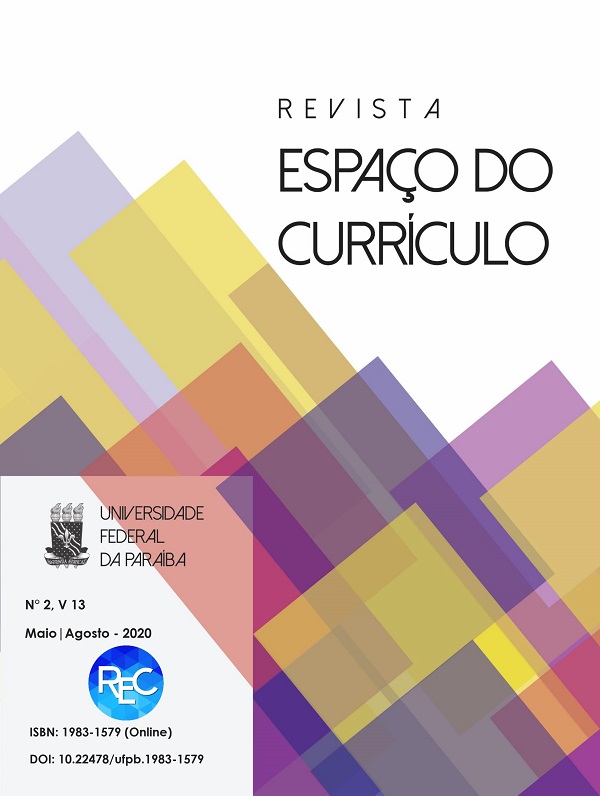CURRICULAR FLEXIBILITY
a stimulus to change pedagogical practices
DOI:
https://doi.org/10.22478/ufpb.1983-1579.2020v13n2.45563Keywords:
Curricular flexibility, Teaching practices, Problem based learningAbstract
The curricular flexibility constitutes a practice of autonomy for schools and teachers in the management of the curriculum in accordance with the students needs and the cultural heritage they have to acquire. In Portugal, this curricular flexibility was recently reinforced to guarantee the quality of the learning of all students and their success in school. This fact challenges teachers to change their mentality and their teaching practices, as these have to be structured by problems related to the programmatic content, or that result from the student’s experiences in society. Problem-based learning is a possibility for the development of citizens with the skills required by the current society.
Downloads
Metrics
Downloads
Published
How to Cite
Issue
Section
License
By submitting an article to Curriculum Space Journal (CSJ) and having it approved, the authors agree to assign, without remuneration, the following rights to Curriculum Space Journal: first publication rights and permission for CSJ to redistribute this article. article and its metadata to the indexing and reference services that its editors deem appropriate.
















